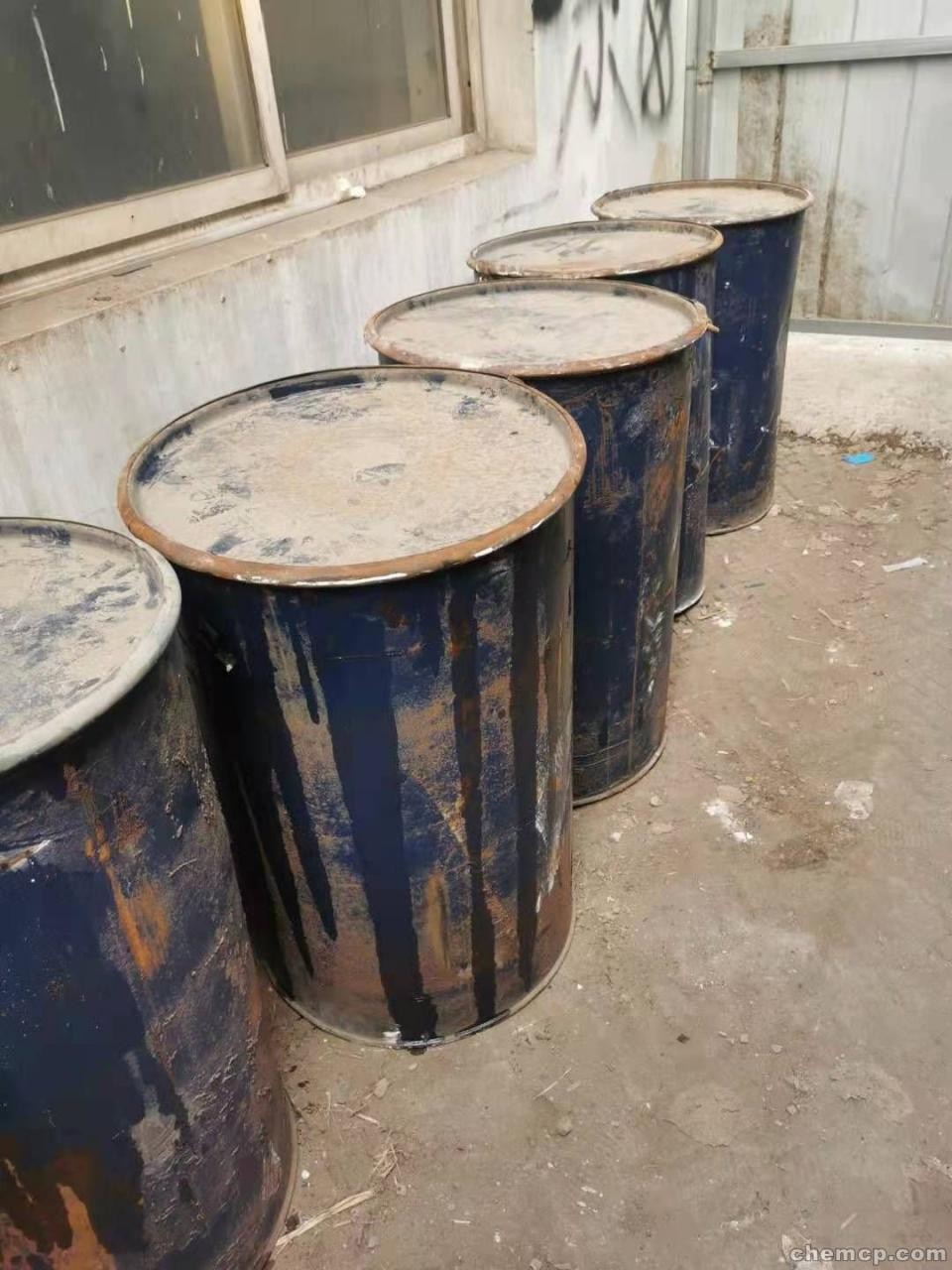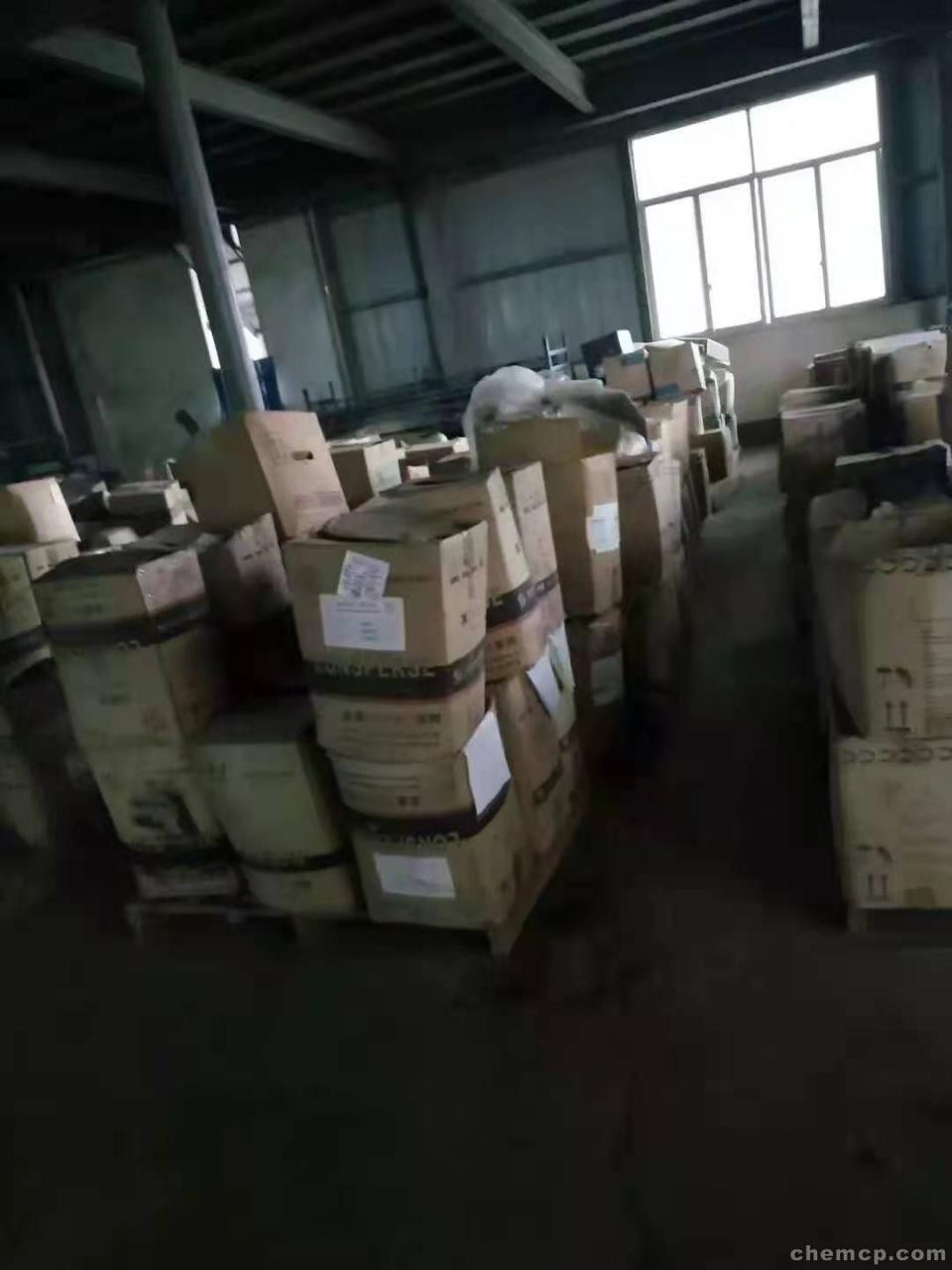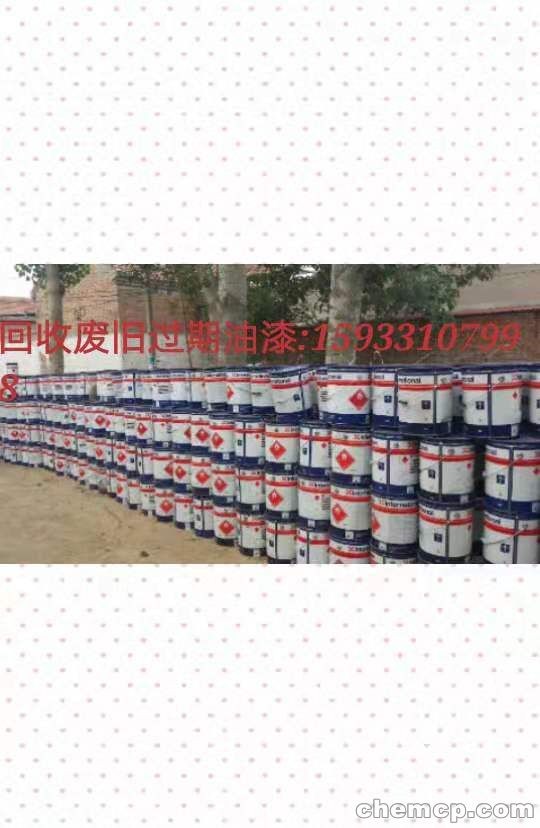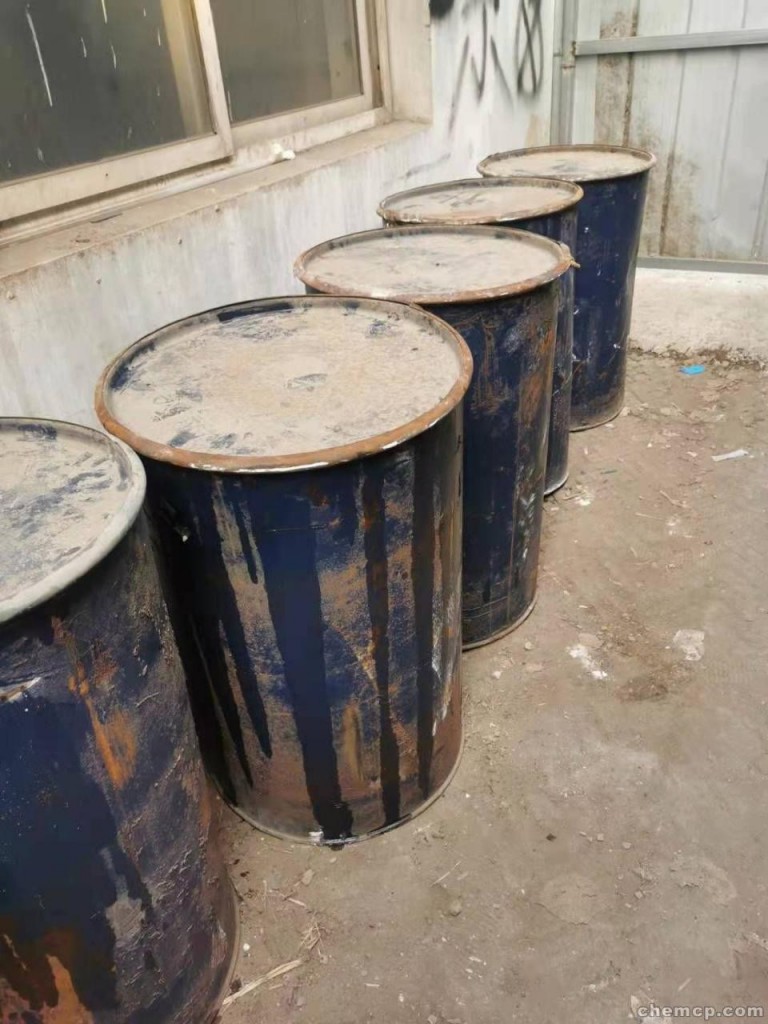Honghe acrylic polyurethane paint recycling scrap
Can a chemical raw material recycling factory accept a small amount? We recycle a wide variety of resins, no matter how large or small we recycle resins, we recycle resin products, we come to our door, and we collect high-priced cash from all over the place.
Bokai Chemical Trade Recycling Company specializes in the recycling of chemical products that are fully recycled, such as chemical raw materials, dyes, pigments, paints, rubber, waxes, chemical additives, chemical metals, etc.
Our company serves every customer attentively and guarantees the quality of every acquisition process. Caring for the environment is the responsibility of each of us. The waste of resources is a shameful behavior. Promoting the recycling of chemical raw materials and dyes is an important mission of our company.

We will continue to uphold the tenet of “one cooperation and mutual trust, multiple cooperation and mutual benefit”, and look forward to cooperating with you! High-priced door-to-door recycling, unlimited quantity, you are welcome to visit at any time, call for consultation, and create and develop together. We seek common development with customers.
Recycling dyes manufacturer Bokai Chemical Trade Recycling Company said that acid dyes are widely used in fabric dyeing and people often use them, but the color fastness of these dyes is usually very poor. Recycled dye manufacturers say that some users repair dyes that meet the standards. However, we need to pay attention to certain things that need to be paid attention to when fixing dyes. Let us take a look!
Recycling and scrapping of Honghe acrylic polyurethane paint

The solvent in the coating evaporates, and the addition polymerization reaction occurs between the iso-acid-containing component and the component-containing component to solidify and form a film.
8. Construction hygienic conditions Polyester paint (PE): It is a solvent-free paint. Part of the solvent contained in the paint will undergo copolymerization with unsaturated polyester after finishing, and the joint film formation is basically free of harmful gas volatilization. Polyurethane paint (PU): It is a solvent-based paint. The paint contains 30-60%. After finishing, it must be completely volatilized, polluting the environment, smelling, flammable and explosive, requiring enhanced ventilation, and harmful substances (volatile organic compounds, benzene). , Toluene, and heavy metals) The limit of harmful substances in solvent-based coatings for interior decoration and refurbishment materials in the national standard GB18581-2001 has been clearly stipulated.
Applicable technical guide: It is applied to dye nylon fiber with acid dye, and then process the dyed product. After dyeing nylon fibers with acid dyes, the dyed product can be treated with NBS to improve its wet fastness, especially to water, sea water, washing, and sweat. The fastness can be significantly improved. Similar to all such additives, The degree of improvement in fastness varies depending on the dyeing method and fiber.
To
Concentration of acid dye: 1.0-2.0% (owf) NBS (calculated by weight of cloth) After dyeing nylon fiber with TELONL, SUPRANOL or other selected acid dyes, rinse it with soft water, and then dye the dyed product with NBS at PH4.5, 70-80°C, 20-30 minutes, post-treatment.
To
Note: If you increase the amount of NBS by one third, you can also use hot air to complete the fixation operation. The wet fastness has been improved to a considerable extent, but the temperature should not exceed 180-185℃. If the temperature exceeds, or the saturated steam is treated, it will affect the NBS. When dissolving or diluting NBS, it is necessary to prevent direct contact with concentrated acetic acid. The contact of NBS with concentrated acetic acid will cause precipitation. Any precipitation that has occurred can be easily dissolved by adding a small amount of ammonia.
To
If there are non-ionic additives in the post-processing, it will cause precipitation and impair the NBS effect (before fixing, it can be washed with soaping agent to prevent abnormal occurrence). If the dyed product is coated with PU or film in the later process, do not fix it with NBS, otherwise it will affect its adhesion effect. The nylon batting that uses NBS as a post-treatment has a rough feel, which will affect its subsequent weaving operations. Therefore, for this kind of dyeing, only dyes with higher wet fastness should be selected for dyeing, and no fixation treatment is required.
Recycling and scrapping of Honghe acrylic polyurethane paint

Substances that can significantly pollute the environment, such as benzene, and the emission of hazardous waste gas pollutants (HAPs), as a solvent system coating, it also has good coating and construction performance, and can be constructed under low temperature conditions in winter. In addition, due to the low solubility of the solvent in the coating system, it will not cause corrosion, so it is easy to recoat. It can also be used to spray materials that are easily corroded by solvents. 2. Number of components Polyester paint (PE): 3-4 components, 3 components are non-wax polyester paint, 4 components are wax type polyester paint. Component one is the benzene solution of unsaturated polyester (main agent); component two is the initiator (also known as curing agent, hardener, common name white water);
To sum up, the content mentioned above is the related matters shared by the recycled fuel manufacturers. Bokai Chemical Trade Recycling Company supports door-to-door chemical raw material recycling, dye recycling, paint raw material recycling, high-priced recycling and other businesses. If you have any needs in this regard, please call for consultation!


